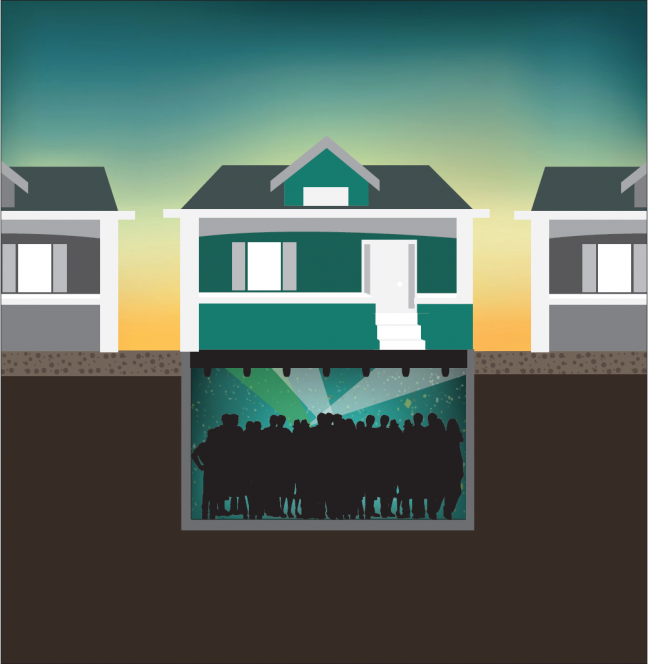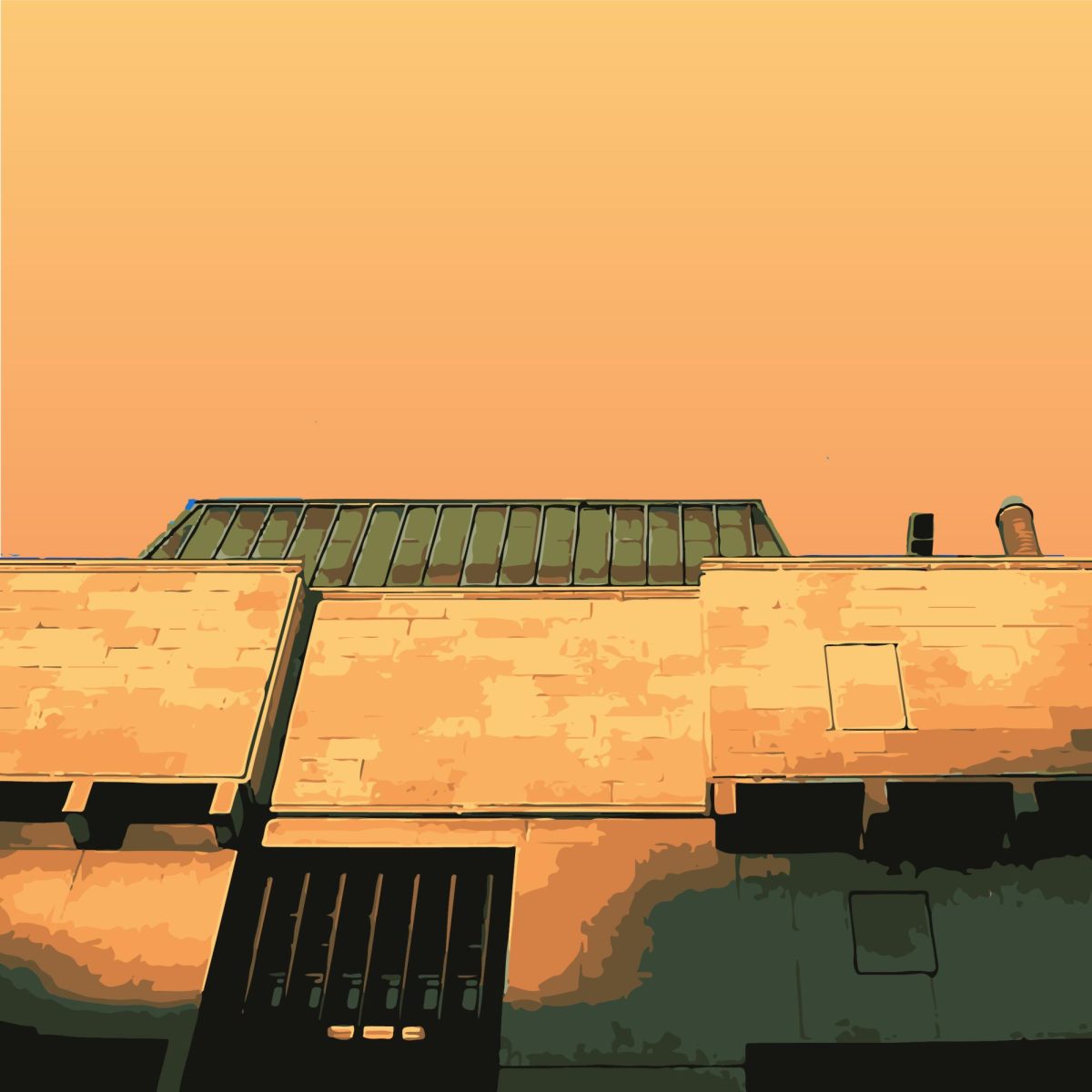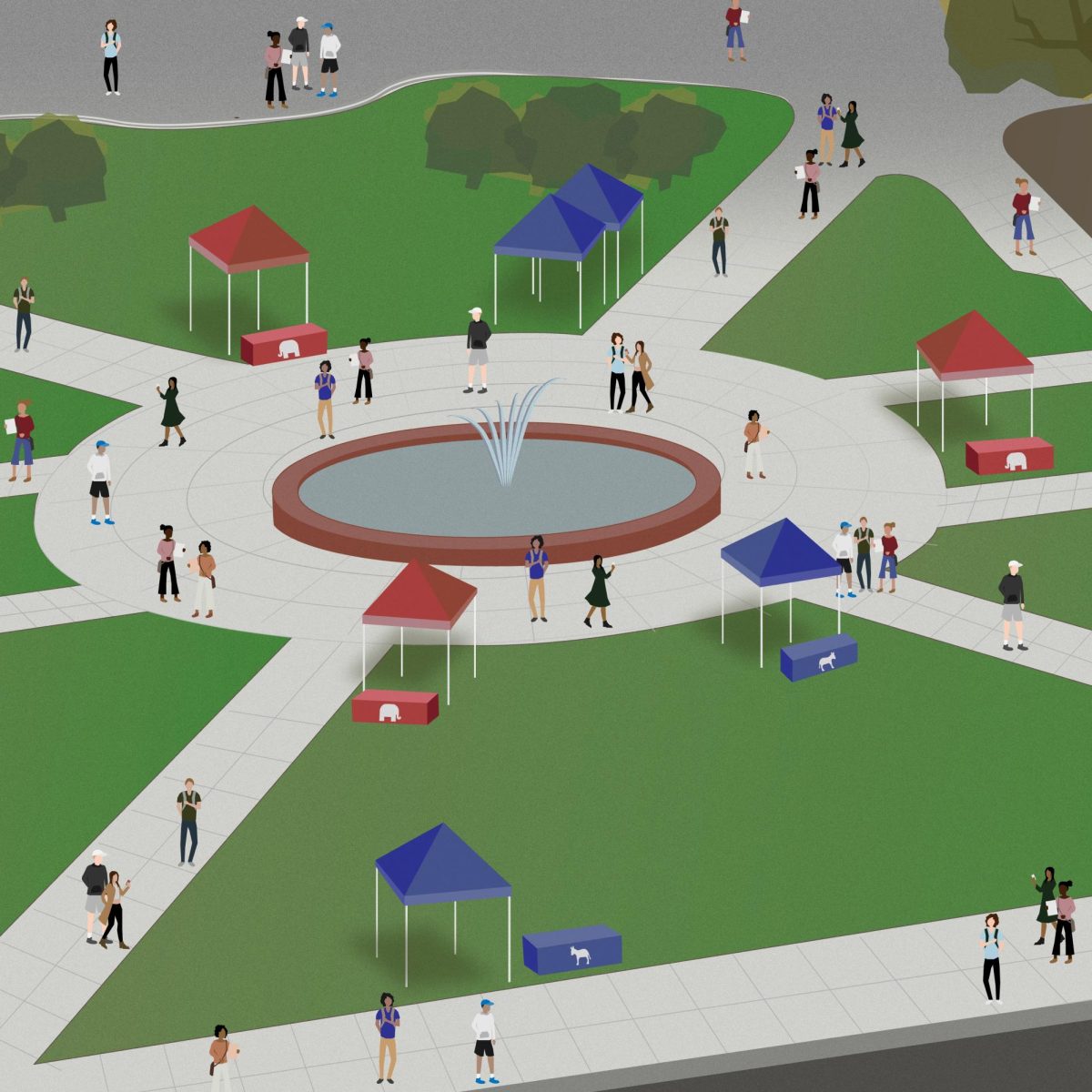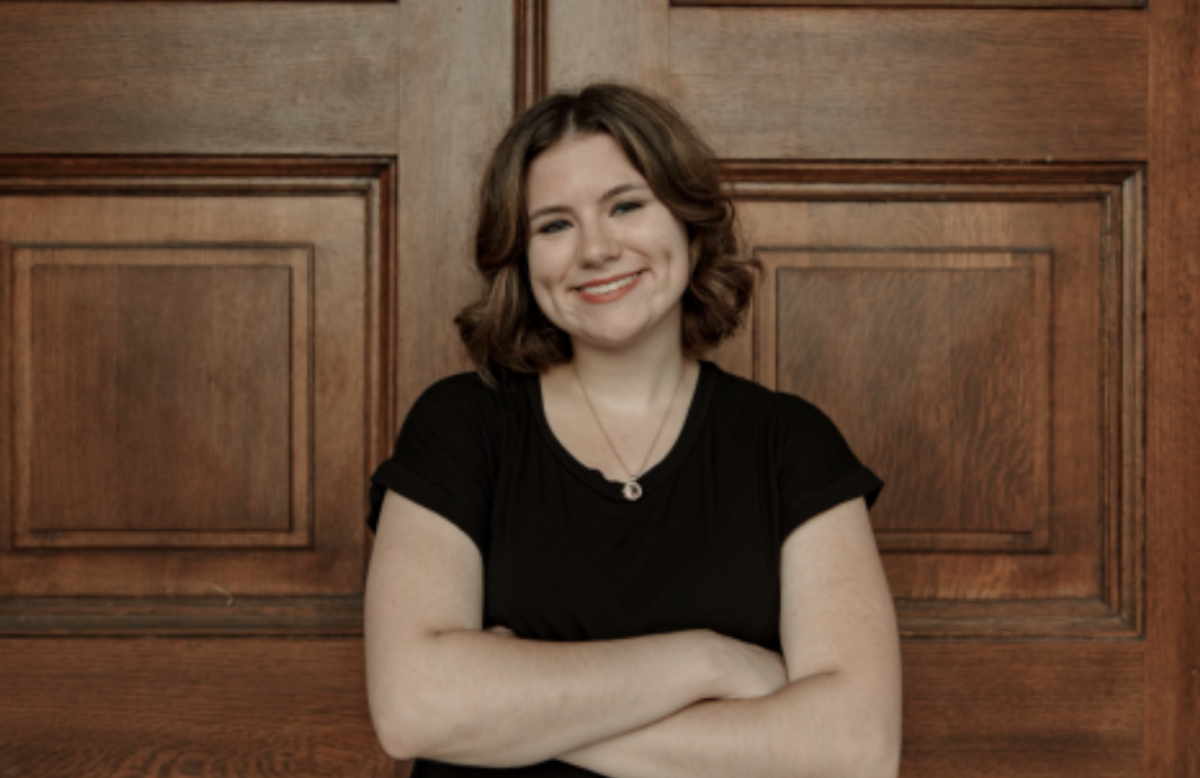When Hannah Frank started at the University of Wisconsin in 2013 as one of thousands of freshmen, she was looking for a place to belong.
She found a home in a nontraditional place. It does not have a set location, require official membership or have a singular purpose, but it gave her a sense of stability. Frank, along with many other UW students and Madison locals, found belonging in DIY concerts and dance parties.
“There is a bunch of history of me not feeling like I fit in, and for the first time [at these shows] were alternative people, and before I never knew where to find them,” Frank said. “I … just really wanted to feel this way all the time, and feel accepted by that group.”
While each DIY event is different, they all are curated to fit the audience. People discover the logistics of the event through a Facebook invite or word of mouth. Then small clusters of people make their way, not to music venues, bars or clubs, but to basements, co-ops, warehouses, parks and sometimes even a train with one purpose in mind — to enjoy art in close company with passionate fans and artists.
DIY concerts and dance parties unite music lovers with the artists they love, and serve as a bedrock for the creation of inclusive safe spaces for marginalized communities.
Connecting artist and audience
DIY concerts offer a nice change of pace to a weekend consisting of bars and Badger games for many people, but Christian Robinson believes they take on an extra level of importance for artists.
Robinson, a recent graduate of UW’s First Wave Urban Arts Program and a hip-hop artist under the name Rich Robbins, said DIY shows give artists opportunities that established, mainstream venues typically do not.

Grant Brooks
Robinson said barricades and elevated stages at established venues divide the audience from artists while DIY shows purposely engage audience and artist.
“It’s just you on the floor and an audience and everyone is sweating and breathing on each other,” Robinson said. “There’s this intimacy that’s just awesome.”
This isn’t limited, either, to the shows where Robinson performs. It can be seen at many DIY venues and for any genre of music.
Madison local Kiki Schueler doesn’t just host concerts in her home, she gives rock, pop and folk artists a place to stay at Kiki’s House of Righteous Music.
“I cook for them, buy them beer, soda or whatever they want to drink and let them crash and leave whenever,” Schueler said. “I do this because it can be rough as an artist on the road.”
Schueler said the gratitude artists show for her hospitality can be surprising because she feels like she’s the one who benefits from the artists performing and staying in her home.
A Madison sound emerges: Hip-hop activists work to strengthen genre
Not all DIY concerts are thrown without incident, though. Robinson said he had to shut down one he threw his junior year when the crowd became too unfamiliar.
“It got to a point where it was so many people we didn’t know were inside our house,” Robinson said. “It definitely started off as all is love, but then we had to be like ‘Love y’all but y’all gotta bounce.'”
The Vault
One of the most well-known Madison DIY spaces was The Vault, an underground concert venue that operated in a Madison warehouse basement and began booking shows in 2008.
The Vault ceased operations due to impending code violation charges in early 2016.
Elijah McCloskey used to help book shows at and run the semi-secret venue. On posters and social media The Vault would often embed the letter “V” to symbolize it as host. It was the kind of place where guests had to know someone, or at least know someone who knows someone, he said.
While The Vault no longer operates as a venue, McCloskey now books shows at Lothlorien Co-Op. Mcloskey said he aims to carry over some of The Vault’s best practices to Lothlorien in a way that’s more sustainable.
His motivation for working at The Vault, and now Lothlorien, is fueled by a desire to help artists and a love of music. He said his favorite thing about The Vault was that it hosted concerts for genres that could not be found anywhere else in Madison.
Artists who typically hosted at venues like The Vault and Lothlorien struggled to get booked at established venues for different reasons.
For genres like noise music, it was due to obscurity, McCloskey said.
And for hip-hop — a genre with a troubled relationship with the city of Madison — The Vault was one of few Madison locations that would book those shows. It is a practice he now continues at Lothlorien.
“What we’re trying to do is provide a space for musicians that for whatever reason are not able to get more mainstream bookings,” McCloskey said. “And until there is a place in Madison that books local and regional hip-hop, I’m going to try and work with people to make sure that happens.”
McCloskey said that while the DIY spaces where he’s worked evoke a sense of community, and thus are self-policing, there were standards set in place to ensure a welcoming environment. This ranges from hiring paid security staff trained in de-escalation tactics, to the guidelines of “no racism, no sexism, no bullshit.”
He said at Lothlorien they are doing a better job of communicating with neighbors, ending events earlier in the night and watching capacity. They are also working on getting licensing to become a venue, something The Vault never had, McCloskey said. They are even considering making a permanent shift to matinee events, a move he observed has worked well for other groups.
For members of marginalized communities
While many attend DIY concerts to hear a variety of less popular music, marginalized people go to them to find community.
Joey Bee is a local DJ under the name of DJ Boyfrrriend and one of the brains behind Queer Pressure, a collective that plans and runs events in both DIY and established venues for Madison’s queer community and people of color.
DJ Boyfrrriend seeks to establish safe nightlife space for marginalized groups
For Bee and the rest of Queer Pressure, DIY shows are essential because they allow for something impossible in established venues — complete representation of marginalized groups in every part of the planning process.
This representation is crucial because it establishes a common understanding between the event’s organizers and those who attend them. Bee said the members of Queer Pressure understand how to allow members of marginalized groups to have fun and feel safe at their spaces because they themselves are members of those communities.
Though managers at established venues can aid in representation by booking artists from marginalized groups, Bee said they cannot completely understand what makes marginalized groups feel uncomfortable because they are not marginalized themselves.

Courtesy of Josey Baumberger
Some venues seem to go out of their way to market themselves as spaces unwelcome to marginalized communities, Bee said.
One venue owner a few years back called her a “loose cannon” for pointing out that the club’s “no hip-hop policy” was discriminatory toward people of color, she said.
Bee said Queer Pressure maintains a strict guest policy for its underground events. Attendants must be a member of a marginalized group or a direct invitee of a member. She said she hates to be exclusionary, but the underlying reason is to preserve the culture.
Bee said a few years ago, there was a party series named Indie Queer that became too popular to the point that it was no longer purely a space for queer people.
Queer Pressure hopes to mitigate this by separating their events into different categories. Some, like an event entitled “Loose Cannon,” will continue to be held underground with strict invite-only policies, but others will be held at more established venues and be open to a general public.
They are also expanding to include another event called Night Shade, which will be geared more toward people of color as well as the LGBTQ+ community, she said.
“When we work with a mainstream venue, we make specific requests about who is working behind the bar even,” Bee said. “If their staff looks like all white, straight dudes, we bring in our [own] bartenders.”
DIY moves to traditional settings
Though DIY concerts traditionally refer to events held in unlicensed, unestablished venues, the DIY aesthetic of inclusivity, representation and community is spreading to established locations.
For example, Robinson held the Nimbus 2.0 concert at the Memorial Union Play Circle, a project where he repurposed his debut album to incorporate many local hip-hop artists.
The once-in-a-lifetime assortment of local hip-hop helped bridge the gap between UW artists and hip-hop artists who live in the greater Madison area.
“A DIY show is [where] everybody comes together for one purpose, and that’s what the Nimbus show was,” Robinson said.
Bee said an event Queer Pressure held at the Majestic Theatre last semester was a success and that the venue was very receptive to their extensive list of best practices.
Frank said her exposure to DIY events inspired her to help organize shows, both underground and through Wisconsin Union Directorate Music.
WUD Music, Frank said, has exerted a great amount of effort to create a safe environment with diverse representation. All of their shows at the Sett are free and compliant with American Disability Association standards. By booking artists with different styles and backgrounds, WUD Music attracts a wide range of people.
She said WUD Music sponsored her and two others to go to the music festival South by Southwest to attend talks and conferences on how to make concerts more accessible and welcoming for all.
“I think with the university it’s very easy to have it be accessible [for many people] because of course we want all people to come,” Frank said. “But the university isn’t always the safest area for all people, so we’re definitely trying to make this section of the university safe for all people.”
A previous version of this article read that a venue was documented as criticizing DJ Boyfrrriend for attempting to play hip-hop. The venue actually criticized her when she pointed out that its “no hip-hop policy” was discriminatory.
The article previously read that the “Loose Cannon” event would be held at more established venues, when it actually will continue to be held underground.
The Badger Herald regrets these errors.














